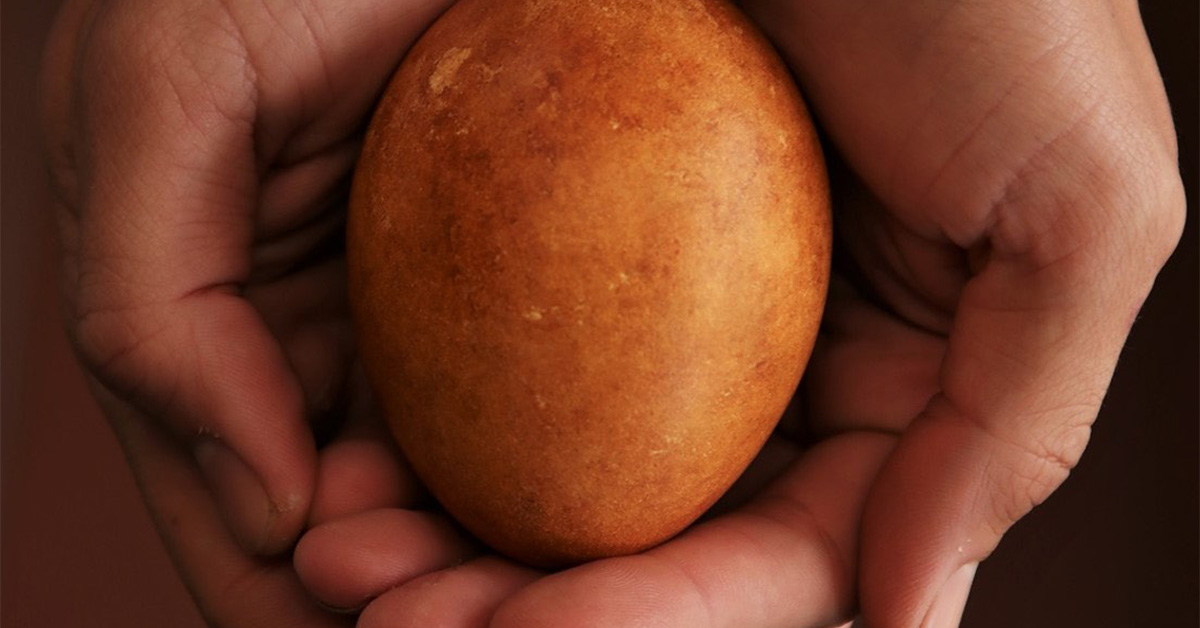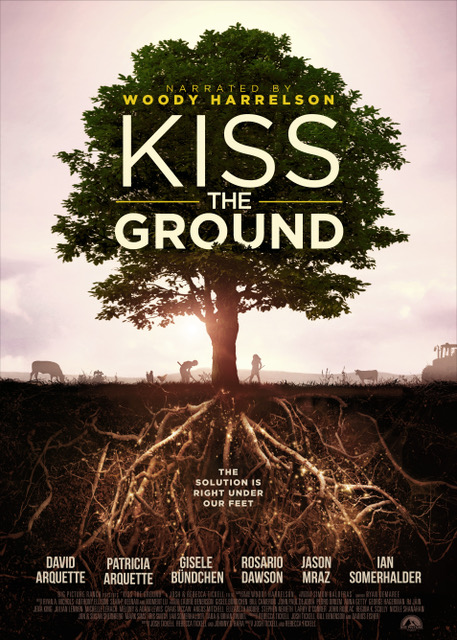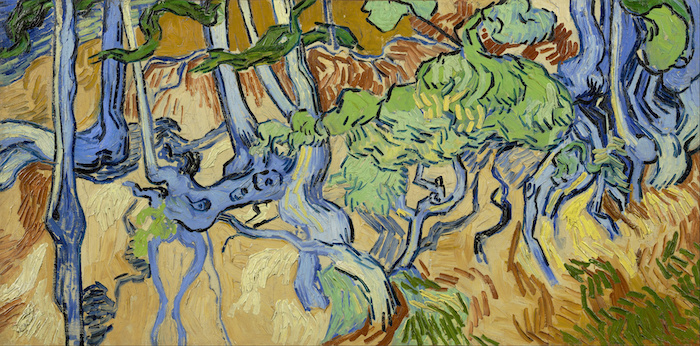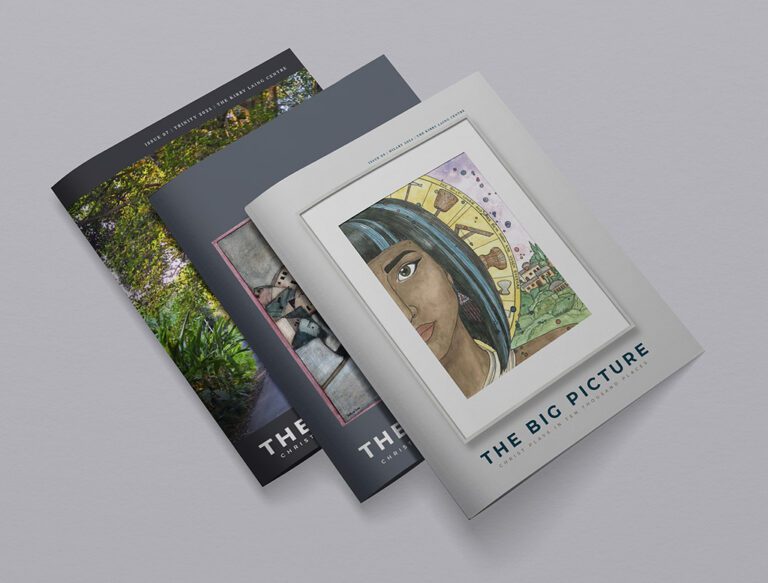

Jarrod Howard-Browne is part of KLC’s operations team.

In 2006 former US vice president, Al Gore, presented the documentary, An Inconvenient Truth, to the world, placing the plight of our planet’s climate front and centre in the global cultural zeitgeist. It has been seventeen years and the climate debate rages on with a growing accompaniment of scientific study, protest action, Hollywood films and documentaries, books, news articles, songs and heated Twitter debates.
It is impossible, in this brief review, to run the full gamut of the global climate debate. Instead, I am going to focus solely on one of the more recent entries in this conversation, the award-winning documentary, Kiss the Ground.
Kiss the Ground is narrated by Woody Harrelson and produced by Sundance Audience Award-winning documentarians Josh and Rebecca Tickell. Featuring a who’s who of noteworthy soil, climate and agricultural scientists, farmers, policy makers, business leaders, authors and activists, it insists that both the problem and solution for our climate challenges lie right beneath our feet: the earth’s soil.
As the film states simply: “If we take care of the soil, it will take care of us.”
At this point we are aware of many of the main culprits contributing to climate degradation, for example, the burning of fossil fuels, emission of greenhouse gases by feedlot livestock, and wide-scale pollution. Kiss the Ground acknowledges these, however, it makes a convincing case for what it sees as a main driver of the climate crisis: the destruction of the earth’s soils and exponential increase in desertification on a global scale due to modern, industrial agricultural practices.
According to the documentary these practices include: mass tilling, monocropping, the use of artificial fertiliser and toxic pesticides, and the decoupling of livestock from the land and natural life cycle of the soil. Tilling uncovers the soil, causing evaporation and exposing the delicate soil microbiome to the elements. This, combined with the stressing of the soil via repeated artificial fertiliser use and the killing of microbial life by pesticides and other toxic sprays, destroys nearly all life in the soil. Dead soil becomes sand. Desertified areas of land – once living topsoil, now blowing away in the wind – cannot absorb and employ water effectively or, via plant photosynthesis and microbial activity, absorb the sun’s heat and draw down carbon from our atmosphere. This raises average temperatures and allows build-up of greenhouse gases in the atmosphere. It also makes food production more difficult as topsoil disappears year on year.
As one soil scientist states in the documentary: “The way we are feeding ourselves is undermining the very ecology that we’re dependent upon. So, the long-term prognosis for our survival on this planet, given business as usual, is very, very poor.”
Thankfully the documentary does not end there, instead it presents a compelling and seemingly achievable solution to our climate problems: build healthy soil and the soil will take care of the rest. This is because soil has the unique ability to “sequester carbon dioxide out of the atmosphere.” Through photosynthesis plants absorb sunlight and draw carbon dioxide out of the atmosphere, which travels to the roots of the plant and is used as fuel and building materials, ultimately being sequestered there by the billions of micro-organisms in the soil. There is no greater tool available to humanity that can draw down carbon from the atmosphere than healthy, living soil. Living soil also absorbs exponentially more water as the water does not run off or evaporate due to erosion, but through the transpiration of plants, restores a healthy water cycle. Sunlight is also absorbed rather than deflected back into the atmosphere and average temperatures drop.

But how to build healthy soil? Kiss the Ground calls for the shedding of chemical agricultural methods and instead for the adoption of regenerative agriculture, an umbrella term for a collection of principles and farming methods that all aim to manage for soil health. Some of these include: not tilling the soil and ensuring the constant presence of living roots, thereby preventing erosion and desertification; forgoing the use of artificial fertilisers and pesticides, thereby preventing the destruction of soil life; ensuring biodiversity instead of monocropping at scale, so preventing rampant disease and risk of whole crop loss; and mimicking the patterns of nature, including the recoupling of livestock and land via planned rotational grazing where the animals stimulate the plant life through appropriate grazing and trampling and fertilise the ground organically.
An added benefit to employing these methods of agriculture, the film argues, is that they not only heal our soils and significantly contribute to the stabilization of our climate, but also produce healthier, more nutrient-dense products, free from harmful chemicals, better for the humans who eat them, and scalable globally as a business and as a way to feed the world.
One of the strengths of Kiss the Ground is the way it highlights the many successful initiatives already at play both on a local and global scale. From the educational work of soil scientists, to regenerative agriculture successfully employed by farmers and ranchers, both small scale and large, and to the enterprises and charities of local business owners and citizens. It is also honest in highlighting the mixed-bag attempts of political action and global policy proposals in this arena. And, finally, refusing to ignore everyday consumers and citizens, it also shows many ways in which we can contribute through understanding where our food comes from and choosing to buy regeneratively produced products.
In the end, Kiss the Ground is an important documentary tackling some of the climate challenges we face today. It aptly diagnoses what it sees to be a significant problem and offers a persuasive solution. Whether or not all its claims bear out in the long term remains to be seen, however, it is a worthy and hope-filled contribution to this ongoing conversation.
Amongst other platforms, Kiss the Ground is available to stream worldwide on Netflix and available to rent for $1 on Vimeo.

Get the latest issue in print or subscribe for the next three.